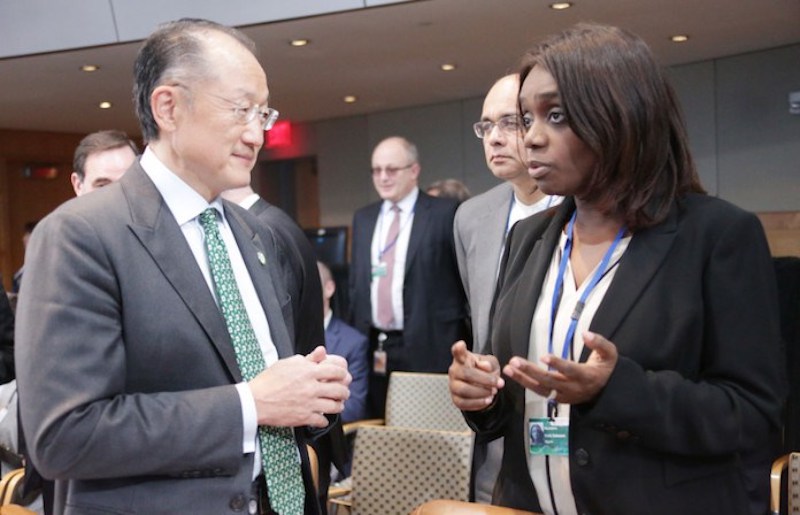
The World Bank has urged policymakers to shift focus towards enhancing regional competitiveness and specialization as a means for achieving national economic growth.
Alongside implementing significant fiscal reforms, monetary policy adjustments and improving the investment climate to foster long-term economic growth, much emphasis should be placed on the spatial integration of domestic markets across various regions in the country alongside promoting regional specialization in areas these regions possess a comparative advantage, it suggested.
One major means to achieve this integration is to put in place an efficient transport system alongside effective land management plan that will ease access to each region across the country. Focusing on the development of efficient links between the regions is expected to boost aggregate economic efficiency, the bank said.
It identified increasing infrastructural investment with a focus on reducing regional disparity between the regions as a vital tool to boosting the economy. This is likely to enable each region focus on the economic areas over which it possesses comparative advantage. This will go a long way in reducing urban congestion and enabling a more balanced spread of the population.
On a regional basis, it identified the North-West and North-East as possessing historic ties with neighbouring countries as well as established trade routes, which present huge opportunities in increasing its trade across the border. However, continuous decline in manufacturing activities, poverty as well as a deficit connective and power infrastructure, desertification and associated environmental issues pose a major threat to harnessing these opportunities, the bank said.
The existent threat of violence and instability arising from the Boko Haram terrorist activities as well as intercommunal, ethnic and religious crises were pointed as added hindrances to the economic regional development of these regions, according to the World Bank.
According to the World Bank, the government is encouraged to consider infrastructural policies that focus on enhancing the connection of the population to local and regional markets as well as rehabilitating and reinforcing connectivity between municipalities, adding that better collaboration and coordination between affected municipalities was highly essential in ensuring regional stability.
It called on policymakers to renew their efforts on rehabilitating and improving social services to help address the root cause of conflicts. In addition to the place-based policies, it said there was a need for more people-based policies with respect to conflict and climate-related issues as well as weak institutions.
For the South-West region, the bank encouraged the government to consider infrastructural policies that will be aimed at easing overconcentration of population and reducing congestion.
This, it said, could be achieved by stimulating more business and employment opportunities in less congested
regions through the implementation of a wide range of spatially targeted investments such as the establishment of Special Economic Zones comprising of Free Trade Zones, Industrial Parks, Industrial Clusters, Enterprise Zones and Incubators across each region of the country.
This is likely to boost regional economic development, ease population migration to these already densely populated region and provide jobs for the teeming unemployed population, the bank advised.









